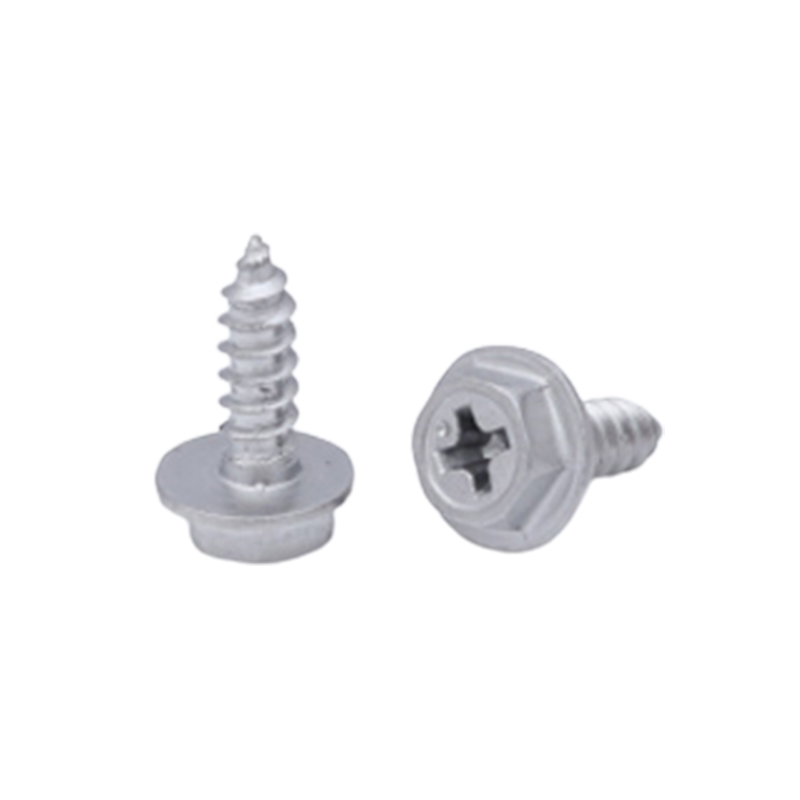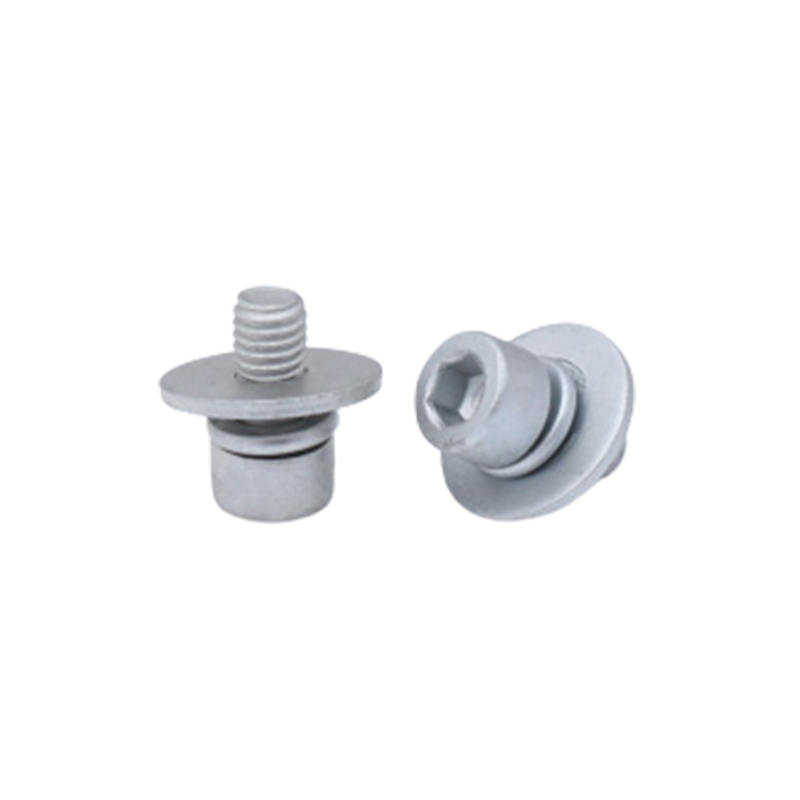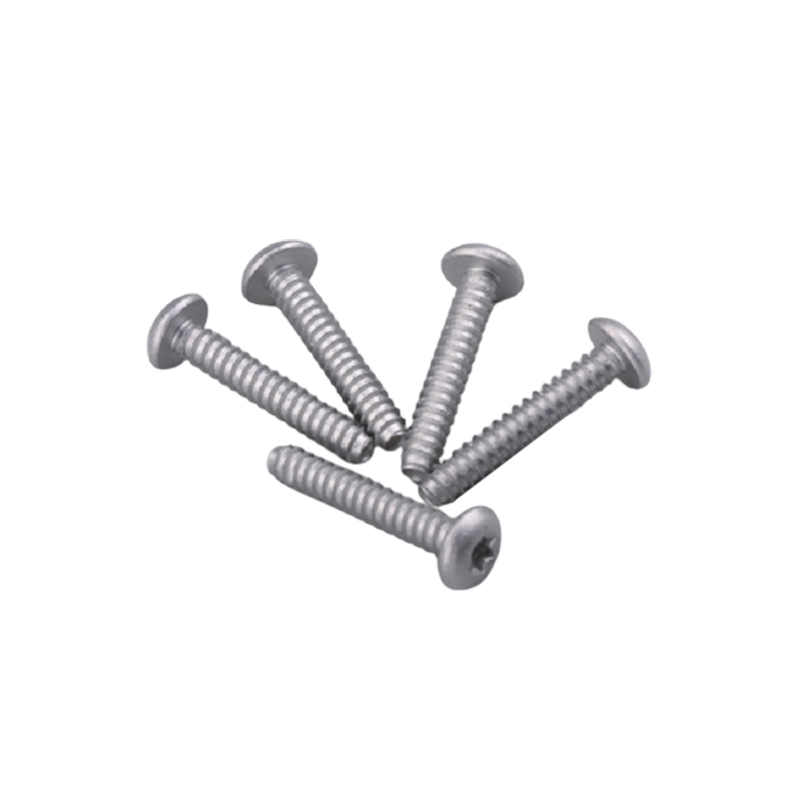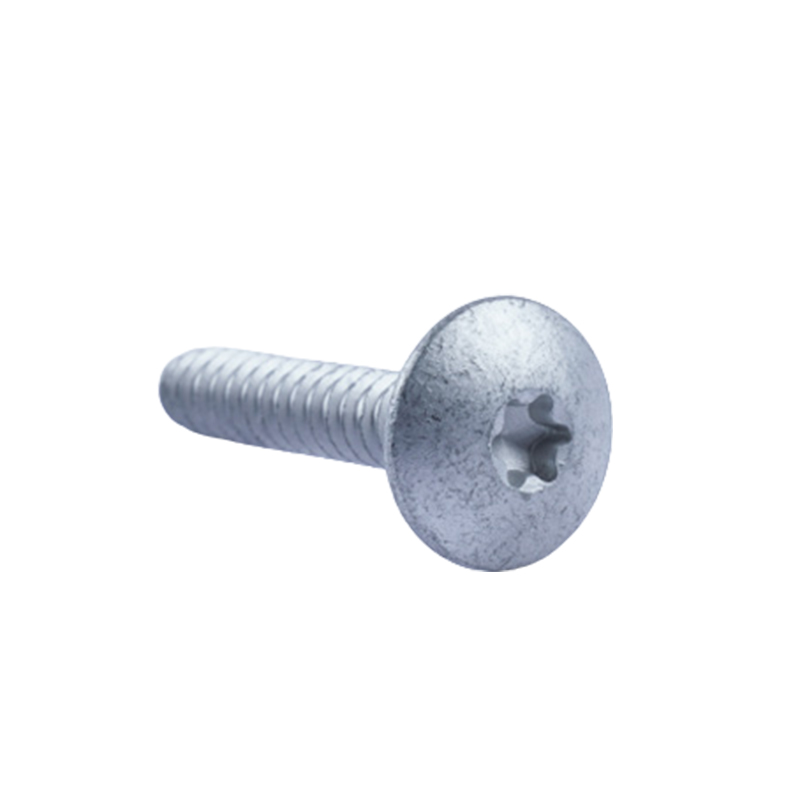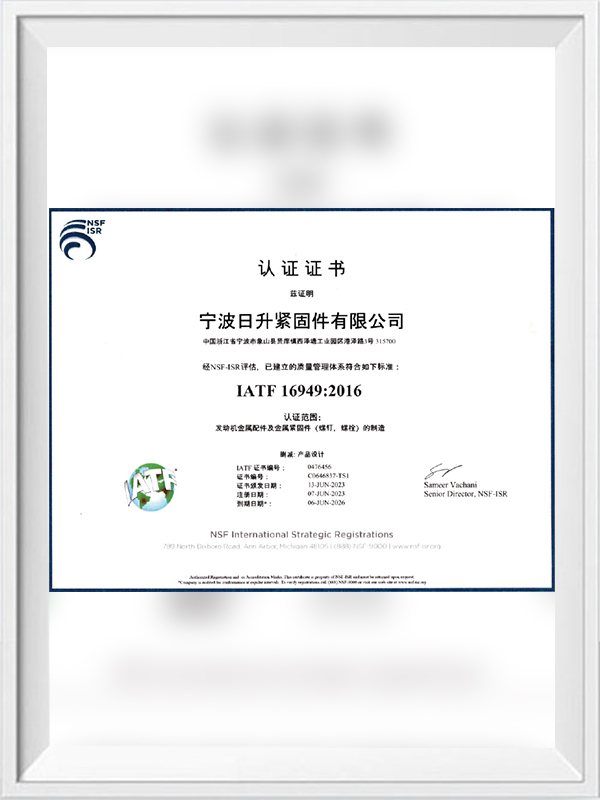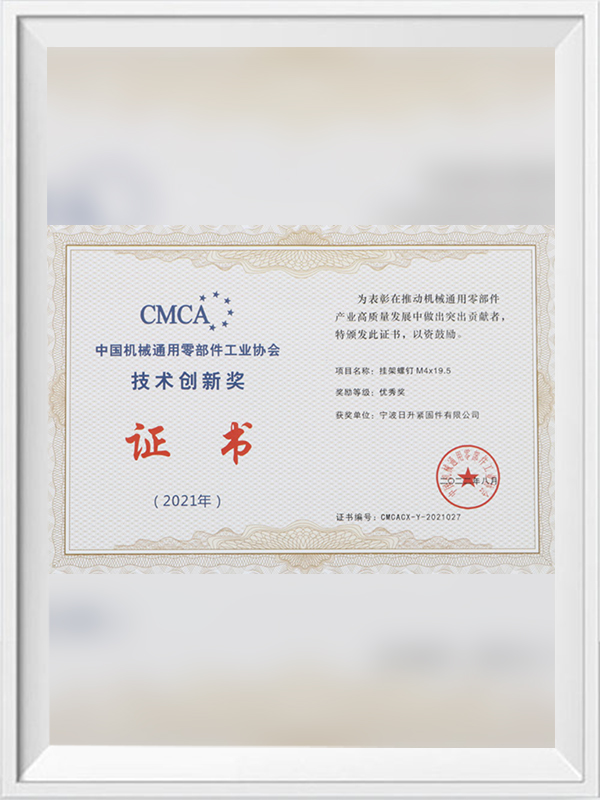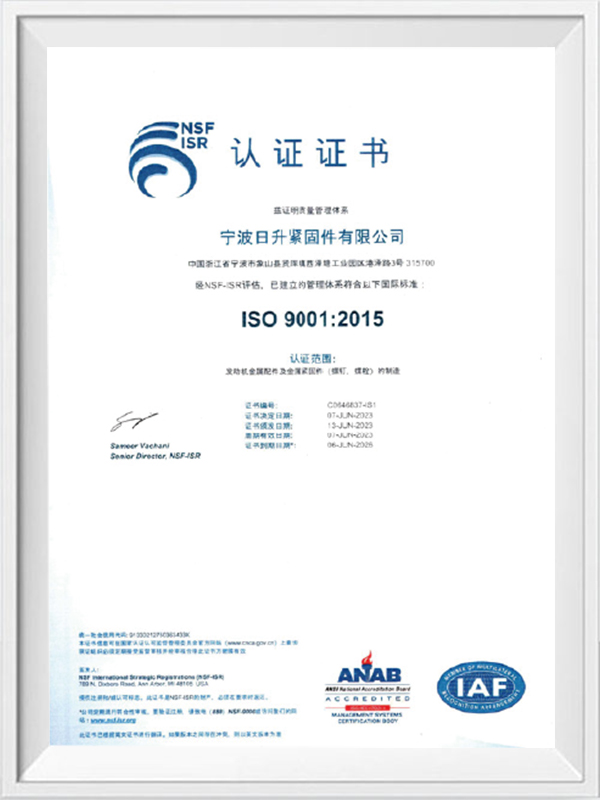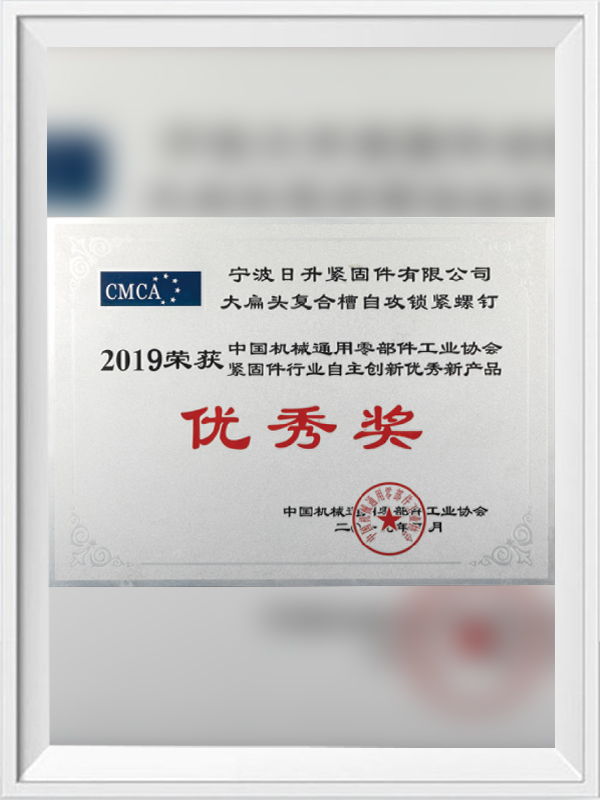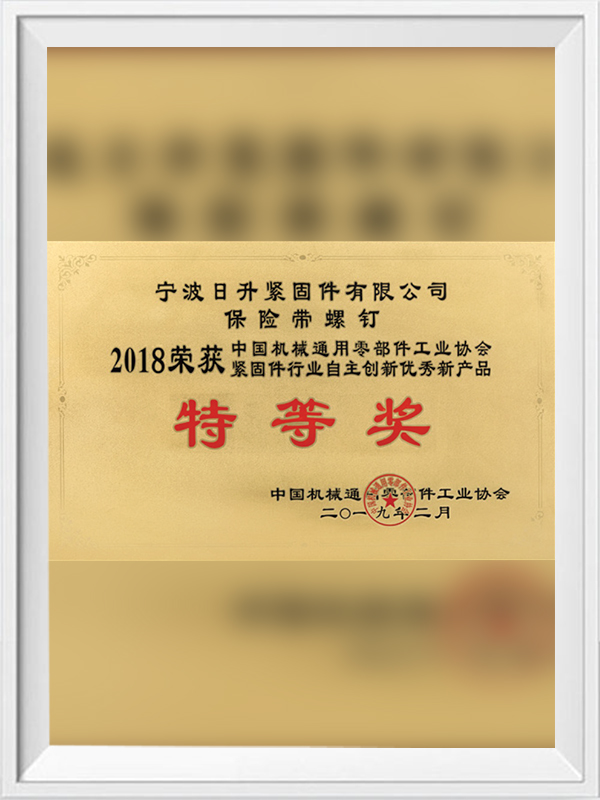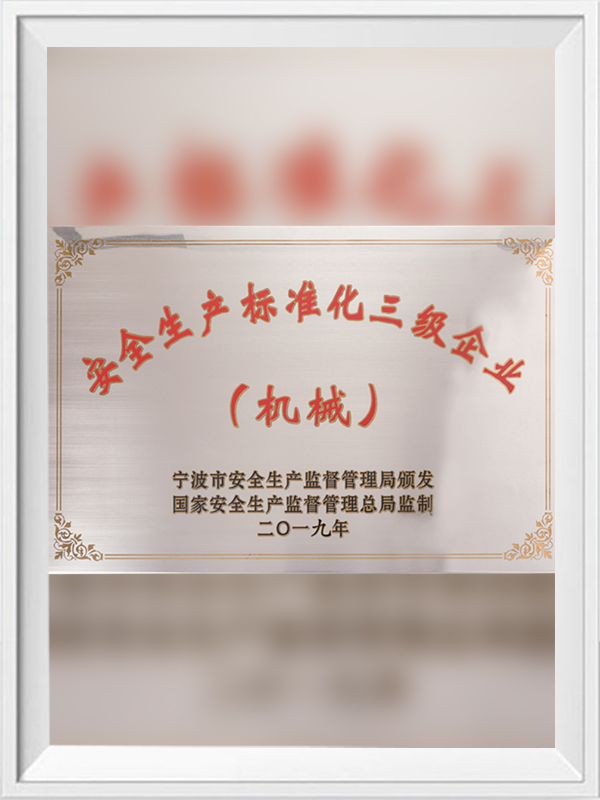How do Dacromet screws perform under static and dynamic load conditions?
As a fastener with excellent anti-corrosion properties, Dacromet screws play a key role in engineering and construction applications. Their performance under static and dynamic load conditions directly affects their reliability and durability in complex working environments. Under static load, the coating of Dacromet screws is designed to provide long-lasting anti-corrosion protection and stable fastening force. This coating can effectively resist the erosion of water, salt water and some chemicals, thereby maintaining the surface integrity and connection strength of the screws. This is particularly important for applications that need to be used in high humidity or chemically corrosive environments for a long time. For example, in marine engineering, Dacromet screws can resist the erosion of seawater to ensure the stability and safety of structural parts. Its coating design can also effectively reduce the electrochemical reactions that may be triggered when in contact with different metal materials, thereby reducing the risk of electrocorrosion and extending the service life of the screws.
Another aspect of Dacromet screws' excellent performance under static load is its temperature adaptability. Generally speaking, it can withstand temperature changes within a certain range and maintain its stability and performance. However, for use in high temperature environments, additional engineering considerations and evaluations are required to ensure that the coating can effectively protect the screw surface and will not fail due to high temperatures. This is particularly important for screws in automotive engine compartments or applications in high-temperature industrial equipment, where screws are often subjected to extreme thermal and chemical stresses.
Under dynamic loading conditions, Dacromet screws must be able to cope with more complex and harsh working environments. Dynamic loading usually refers to situations where the screws are frequently subjected to vibration, impact or cyclic loading during use. In this case, the coating design of the screw needs to consider fatigue life, vibration resistance and wear resistance of the coating. Dacromet coating can effectively reduce microcracks and fatigue damage on the surface of the screw, thereby extending its service life in dynamic loading environments. Under vibration and impact loads, this coating can stabilize the screw connection and reduce the risk of fastener loosening due to changes in load frequency. For example, in high-speed rail or aerospace applications, Dacromet screws can withstand frequent vibration and impact to maintain the safety and reliability of structural parts.
The vibration resistance of Dacromet screws is also a significant advantage under dynamic loading conditions. Vibration is a common problem in dynamic loads, which can easily cause fasteners to loosen or wear, thus affecting the safety and performance of the overall assembly. Dacromet coatings can effectively reduce wear on the coating and screw surface, improve its vibration resistance, and ensure stable fastening effects in high-frequency vibration environments. The wear resistance of Dacromet screw coatings is also critical to its performance under dynamic load conditions. During frequent loads and movements, the coating on the surface of the screw may be affected by physical wear and friction. Well-designed Dacromet coatings can effectively reduce surface wear and wear of the coating, maintaining its protective effect and long-term anti-corrosion performance.



